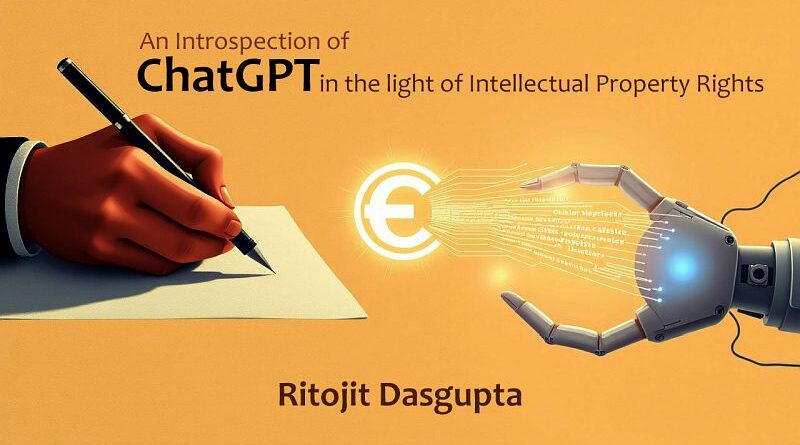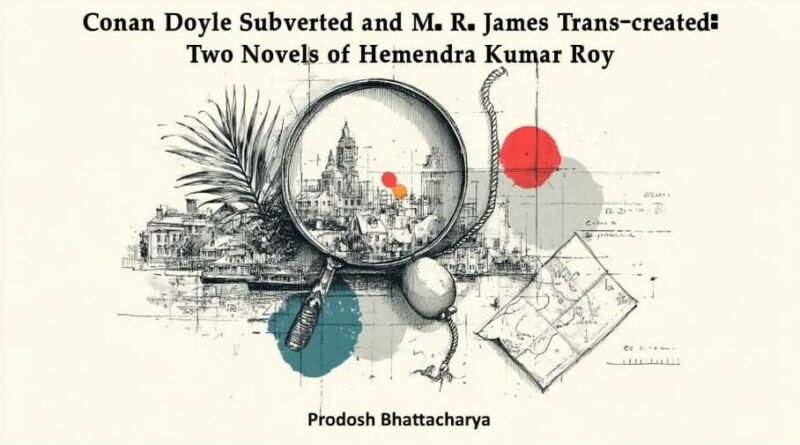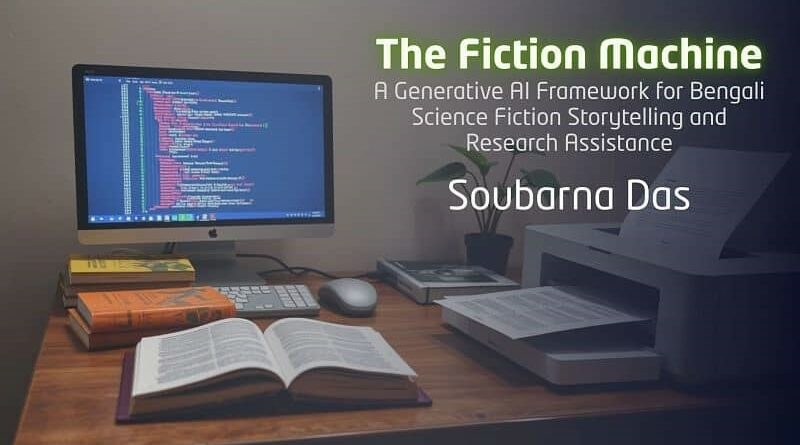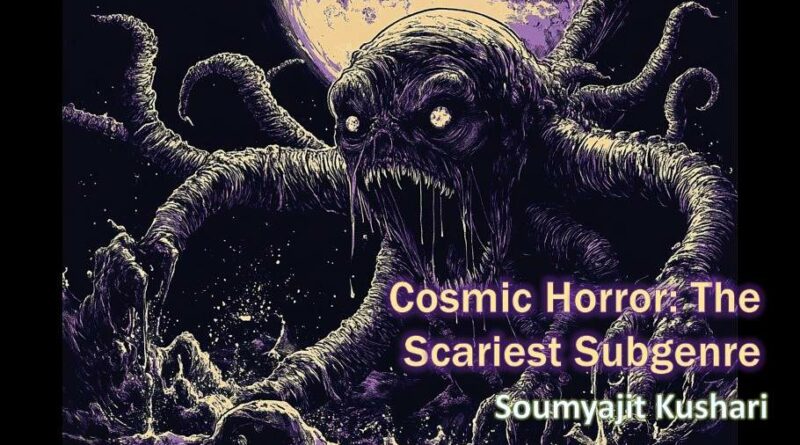An Introspection of ChatGPT in the light of Intellectual Property Rights
PRELUDE
Artificial Intelligence(AI) is a major area that calls for the development of policies in India. The flourishing AI industry and the various AI-centric initiatives of the Government make the matter of policy-making regarding AI a matter of extreme importance. While the present policy processes strive to foster the rapid development of AI for the purpose of securing social well-being and promoting economic growth, India tends to lean towards digital inclusion. However, the risks and deficiencies of data-driven decision-making are a massive obstacle to the development and establishment of AI applications.
Although Artificial Intelligence performs such tasks that demand complex cognitive abilities very easily, it can never be said that it will function flawlessly while performing the task. For Example, AI-driven tools like LSI-R (Level of Service Inventory- Revised) or COMPAS (Correctional Offender [আরো পড়ুন]
Read More
Conan Doyle Subverted and M. R. James Trans-created: Two Novels of Hemendra Kumar Roy
Introduction
This article explores how two works of Bengali adolescent and young adult literature by the same author, Hemendra Kumar Roy (1888–1963), each references, in a different way, two different works of British popular fiction, subverting one and creatively reworking the other.
The Hound of the Baskervilles (1901-2) and Amabasyar Raat (‘New-Moon Nights’, serialized 1933, book 1939)
‘New-Moon Nights’ begins with a newspaper report of strange occurrences in the large village/small town of Manaspur near the tiger-infested mangrove region called the Sunderbans in pre-independence, and therefore pre-partition, Bengal. On each of the previous new-moon nights, a woman, invariably one wearing expensive jewellery, has disappeared. Till these disappearances began, Manaspur, despite being near the Sunderbans, had not been plagued by tigers. However, precisely at the stroke of midnight on each night of disappearance, [আরো পড়ুন]
Read More
The Fiction Machine: A Generative AI Framework for Bengali Science Fiction Storytelling and Research Assistance
Abstract
This article presents a novel Generative AI (GenAI) project aimed at preserving and promoting Bengali science fiction literature through automatic story generation and an intelligent research assistant. It addresses the dual goals of (1) generating Bengali science fiction narratives in the style of renowned Bengali authors, and (2) creating a virtual assistant to aid researchers, readers, and writers in exploring Bengali sci-fi literature. The system is designed to function locally on consumer-grade GPUs, incorporating a curated corpus of original Bengali science fiction stories, dynamic style modeling, and semantic search. I describe the architecture, methodology, tools, and challenges faced in building this multilingual and culturally aware GenAI system.
- Introduction
Bengali science fiction (known as Kalpavigyan—a term coined by editor Adrish Bardhan in the 1970s) boasts a 190-year legacy that remains largely [আরো পড়ুন]
Read More
Cosmic Horror: The Scariest Subgenre
“The most merciful thing in the world, I think, is the inability of the human mind to correlate all its contents. We live on a placid island of ignorance in the midst of black seas of infinity, and it was not meant that we should voyage far. The sciences, each straining in its own direction, have hitherto harmed us little; but some day the piecing together of dissociated knowledge will open up such terrifying vistas of reality, and of our frightful position therein, that we shall either go mad from the revelation or flee from the deadly light into the peace and safety of a new dark age.” – H.P. Lovecraft
One cannot discuss H.P. Lovecraft and cosmic horror without showcasing this excerpt from his seminal work, “The Call of Cthulhu” (1926). It is a monologue that doesn’t hold anything back and lays out all the cards that cosmic horror holds. At its core, this [আরো পড়ুন]
Read More
A Ghost Can Be a Lot of Things: Mike Flanagan’s Take on Horror and Trauma
“Most times, a Ghost is a Wish”
Steven Crain remarks in The Haunting of Hill House (2018)
The popular American filmmaker known for creating horror flicks, Mike Flanagan doesn’t just use horror for scares—he uses it as a plot device to confront horrifying traumatic events one would rather bury. In Flanagan’s world, the real horror lies not in what we see, but in the pain, we try to escape.
Horror is often associated with darkness and jump scares, ghosts and demons, strategic silence, and screams. Though there is a good chunk of movies that portray horror like that, Mike Flanagan’s work proves how versatile a plot device horror can be—serving not just to terrify, but to tell profound, emotionally charged stories.
Using horror as a narrative tool allows the realistic horrors of trauma to be discussed in a way that provides emotional distance for the audience because of the inclusion [আরো পড়ুন]
Read More
The Slapstick Joy of Speculative Horror Comedy
Mel Brooke’s 1974 work ‘Young Frankenstein’ features the delectable Gene Wilder in the role of the grandson of Dr Frankenstein, also Dr Frankenstein. Shelley’s seminal work (Frankenstein, 1818) laid the groundwork for horror as a genre in the nineteenth century, and when it is adapted to this absurdist comedy set in the atmospheric eeriness of Frankenstein’s Castle, the band of odd characters and their grotesquely comic interactions gives us gems like these: a student asks the junior Dr Frankenstein, “but what about your grandfather’s work, sir?” The ensuing response breaks viewer immersion brilliantly as Dr Frankenstein emphatically responds to the student, “My grandfather’s work was doo-doo!”.
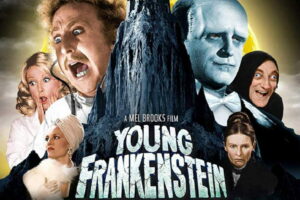
The adolescence of horror-comedy, after skirting around subversive adaptations of classic horror, gets us to the Beetlejuice (with Michael Keaton’s legendary, “It Show [আরো পড়ুন]
Read More
Hypnotizing Nature in Hariye Jawa and Pasangmara
The Dilemma Between Science, Nature, and Literature Too
Progress is a corollary to sacrifice. Science has given us rational amusement and partially eclipsed the magical effect of unnatural phenomena. With the invention of scientific gadgets, human intervention in the forbidden territories of nature has increased, significantly leading to the destruction of ecological balance. The recently published article, Ghostly Past and Colonial Uncanny by Tithi Bhattacharya fetches our attention to some narratives of Rabindranath Tagore’s Chelebela (Boyhood, 1940), where Tagore narrates about the bygone days of his supernatural belief about Brahmadaitya (a Brahmin Ghost). Tagore’s narrative juxtaposes the condition of Calcutta with its modern arrival of lights and the childhood faith in supernatural existence associated with the veil of a dark and shabby environment. Science, with its rationality, brought light to remove [আরো পড়ুন]
Read More

